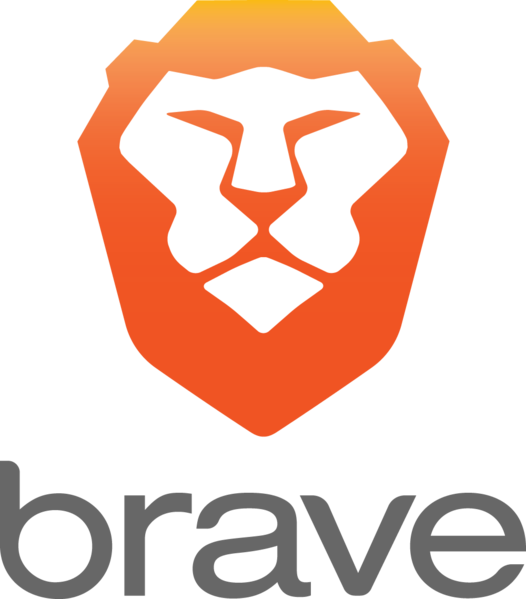

Revenue from digital ads in the United States hit a record $59.6 billion in 2015, up 20 percent from the previous year, and online ads are expected to surpass television as the biggest driver of U.S. There’s no doubt that online advertising fuels the Internet business. Although browser makers have made aggressive moves over the past decade to improve Web-browsing safety, most ( but not all) have been extremely reluctant to block any form advertising. They also pose serious privacy and security risks to consumers. Modern Web ads slow site load times and drain device batteries. Issues with Web advertising stretch well beyond consumer annoyances.

“We want to dump a lot of chlorine into the pool and integrate ads into the browser,” says Eich, who spent most of his career at Netscape and its successor, Mozilla, until his brief tenure as its chief executive was cut short by a scandal over his support for an anti-gay marriage law in California. The goal of this new model, Eich says, is to simultaneously make the Web safer for users, make ad revenue more stable for publishers, and make a successful business out of developing a browser.

“We are trying to advance the start of the art for anonymous ads.” - Brendan Eich, co-founder, Brave To facilitate those transactions, an update coming to Brave before version 1.0 will have a built-in payment system called Brave Payments that relies on Bitcoin for transactions.

It essentially creates a gateway through which verified safe ads can pass through.īased on Chromium, the free, open-source core of Google’s Chrome browser, Brave’s technology matches keywords on sites you visit to a database shared with advertising-technology company Sonobi, which in turn sits between Brave and advertisers that Eich says don’t have access to Brave user data.īrave gives 55 percent of the ad revenue to the publishers of the website on which the ad appears, 15 percent to the advertiser, and 15 percent to browser users, who can keep it for themselves or donate it to whichever site they wish through micropayments. But unlike the add-ons, most of which allow-list some advertisers or just cut ads out entirely, the Brave browser replaces some ads with those from its own network of approved advertisers. Like an ad-blocking browser add-on, cross-platform Brave is designed to strip out ads on websites. The creator of JavaScript says his latest browser project, Brave, is ready to change the Web.īrave, announced earlier this year in public beta, with version 1.0 due later in September, is Brendan Eich’s bold attempt to overhaul everybody’s least favorite Web feature-advertising-by getting advertisers to do its bidding.


 0 kommentar(er)
0 kommentar(er)
